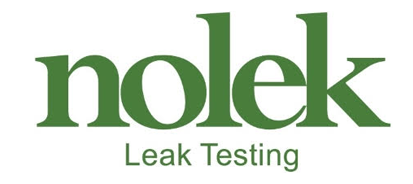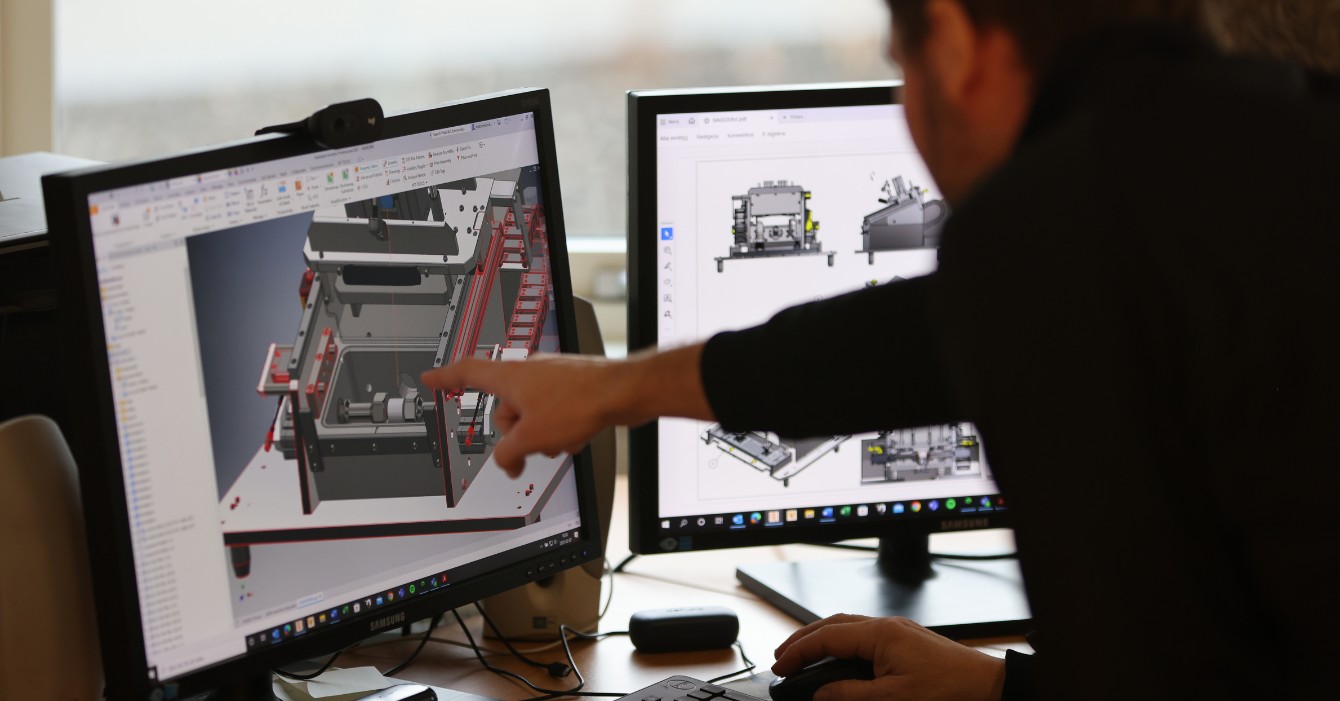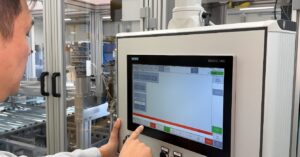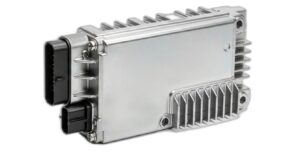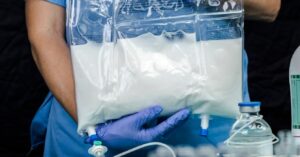An IP rating on a product may look impressive, but for electronics and telecom manufacturers, a label on paper is only the beginning. Whether it is a control unit under a car bonnet or a communication box mounted on a mast, real-world conditions put sealing integrity to the ultimate test.
Rain, dust, vibration, and temperature swings all create stresses that go far beyond what a static rating can prove. To truly protect reliability, and your reputation, you need deterministic, repeatable leak testing methods that validate performance under the conditions your products will face in the field.
The Limitations of IP Ratings Alone
IP ratings are valuable benchmarks, but they often rely on laboratory-style tests that do not reflect real production variability or operating environments. Common pitfalls include:
- Design Complexity: Small variations in gasket placement, welds, or adhesives can create leak paths not captured by a standard IP test.
- Production Inconsistency: A design may pass certification, but poorly controlled fixtures or material shifts can introduce failures on the line.
- Environmental Stress: Vibration, heat cycling, or prolonged exposure to moisture can expose weaknesses missed during static IP testing.
Relying on certification alone can leave manufacturers blind to the failures that only show up after deployment, when the cost of repair or replacement is at its highest.
Deterministic Leak Testing for Real-World Confidence
Unlike subjective or one-off certification tests, deterministic methods such as vacuum decay or mass extraction provide measurable, repeatable data on sealing integrity.
These methods:
- Detect micro-leaks at levels well below what traditional IP water spray or dust tests would reveal.
- Provide objective, quantifiable results instead of relying on visual inspection.
- Scale to production lines, ensuring every unit, not just test samples, meets sealing requirements.
- Support regulatory compliance, aligning with ISO 9001, IATF 16949, and other industry standards for quality assurance.
Why It Matters for Harsh Environments
For outdoor telecom equipment or automotive control units, the question is not “does it pass a certification test?” but “will it survive years of vibration, moisture, and dust exposure?”
- Telecom manufacturers need confidence that mast-mounted boxes won’t fail after a single storm.
- Automotive suppliers must prove ECUs and sensor housings stay sealed against road spray, oil, and dust for the lifetime of the vehicle.
Advanced leak testing validates not only that a design is sound, but that production is consistent enough to deliver that protection unit after unit.
Nolek’s Role in Environmental Protection
Our Custom Engineered Solutions (CES) platforms give electronics and telecom manufacturers the tools to move beyond IP ratings:
- Flexible Fixturing: Adaptable designs handle varied geometries of control units, communication boxes, and enclosures.
- High-Sensitivity Testing: Vacuum decay and pressure decay methods detect the smallest leaks without damaging sensitive internals.
- Automation and MES Integration: Hands-free, traceable testing ensures consistency and provides full audit trails.
- Global Standardisation: Systems can be deployed across multiple sites for consistent environmental protection validation worldwide.
Wrapping Up
An IP rating may win you certification, but it will not guarantee long-term performance. By adopting advanced, deterministic leak testing, electronics and telecom manufacturers can prove environmental robustness, not just once in a lab, but continuously, across every unit shipped.
With Nolek, you gain more than compliance. You gain confidence that your products will survive where they matter most, in the field.
